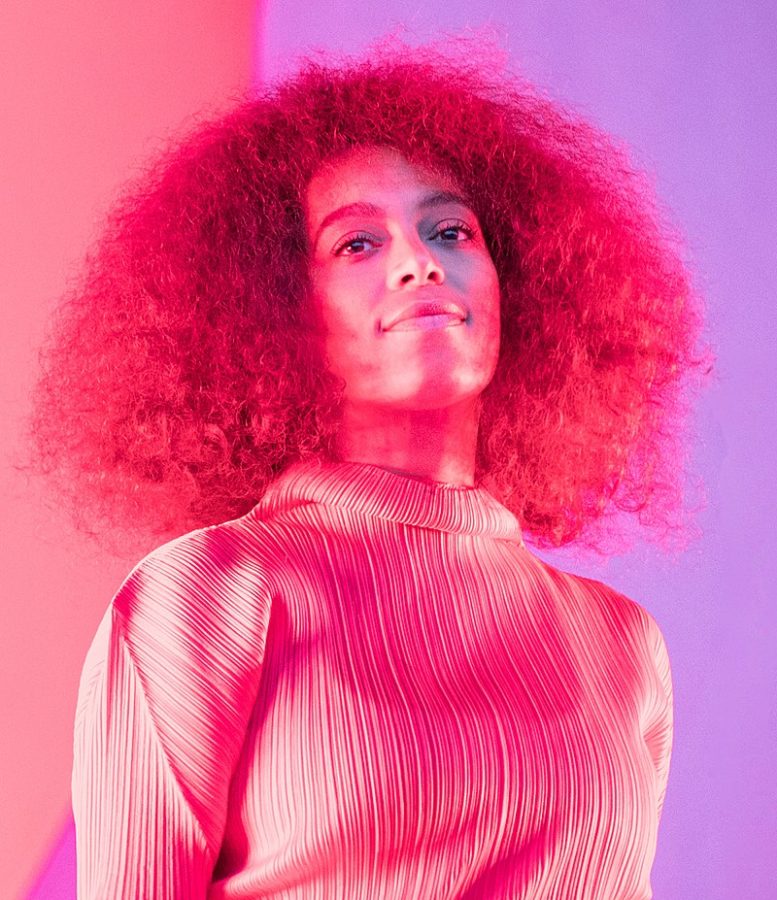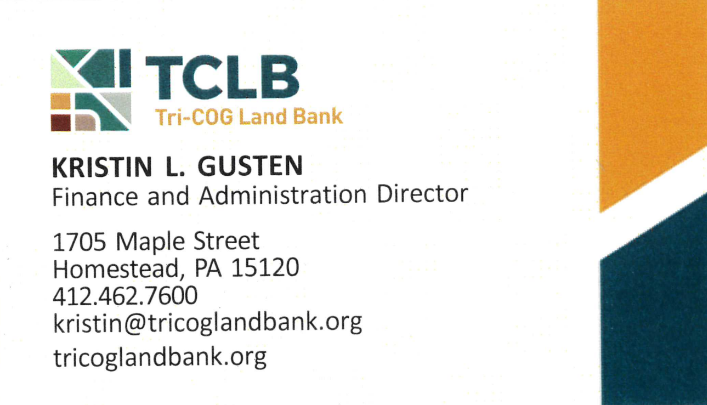Hip-hop embraces feminism again
October 27, 2017
Feminism and rap music at first might sound like two phrases that are complete opposites more than anything else. But as hip hop music has been a growing medium for initiating social change, this is also beginning to extend to feminism.
Most people refer to the late ‘90’s to early 2000s as the golden age of female rappers, with artists like Lauryn Hill, Missy Elliot, and Lil Kim dominating the music scene. Then in the following decade, the genre dulled down, as evident by Nicki Minaj’s winning streak of Best Female Hip Hop Artist with virtually no competition.
The scene is picking up again though, as a new wave of strong female hip hop artists is growing with escalating avidity. One of the most notable recent albums was released in July 2017 by increasingly popular artist SZA, a black Muslim and the only woman signed to her entertainment label. Ctrl explores everything from ex-boyfriends to the struggle of being emotionally unavailable, to using vulnerability as liberation.
Similar to her is Beyonce’s little sister, Solange Knowles.
An advocate for the inclusion of intersectional feminism, Knowles discusses fighting for the equality of all women. Her 2016 album, A Seat at the Table, including tracks like “Mad” and “Don’t Touch My Hair” considers the painful truths of being black in America. Even though the album is classified as R&B and psychedelic soul, Knowles still accomplished her goal of writing a “highly honest, disruptive, angsty record” to the point of almost being considered eqauted to punk.
Even more so is rapper Princess Nokia, who views her complexity as a gay Taino woman from Spanish Harlem as empowering instead of hampering, and uses her platform to speak about topics like urban feminism, spirituality, and the gentrification of her hometown.




